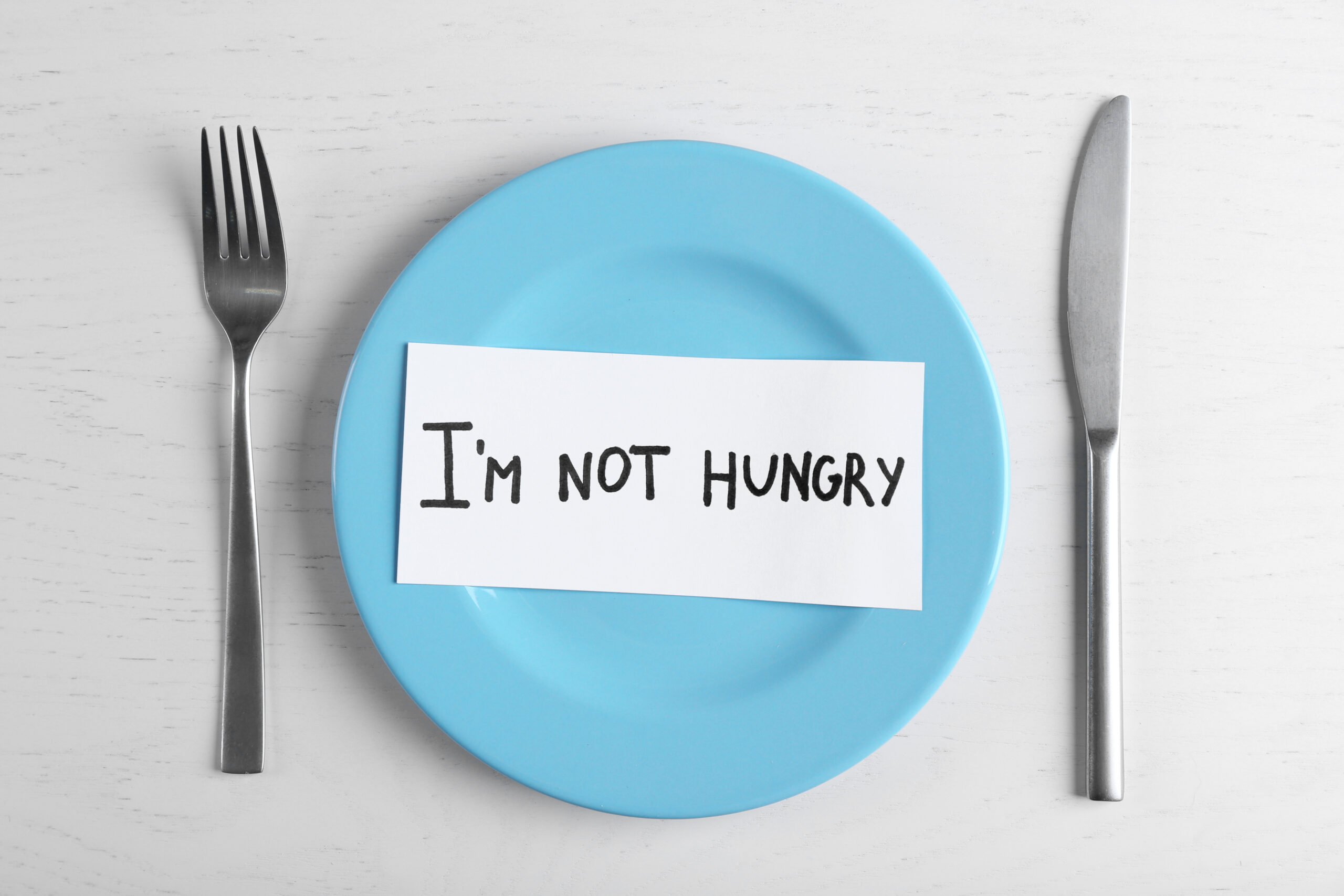Whether we are busy, sleeping, or caught in traffic, skipping meals is not good for weight
management or health.
When we don’t eat we:
– Get over-hungry and over-eat, not because we lack “will power,” but because our bodies are
programmed to survive. When we get over-hungry we eat like food is scarce!
– Make unhealthy choices because we become so hungry that we can only think about getting food. The food we crave is usually quick and easy like soft drinks, fast food, and chips from our
cabinets, the gas station, or vending machines.
Skipping meals:
– Causes the body to lower its metabolism (how much energy it needs to function)
– Causes us to burn less energy (fewer calories)
– Can lead us to gain weight when we eat our usual amount of food
– Leaves us with little energy because the body has run out of the fuel we get from food
– Leaves us sluggish and tired
– Causes headaches or makes us feel weak and shaky
Many people believe skipping meals or eating less often helps us to lose weight. Nothing could be further from the truth. We feel our best if we eat healthy foods about every 4-6 hours while we are awake. Eating small frequent meals actually helps us to lose weight. A healthy daily diet looks something like this:
– 3-6 evenly-spaced eating events about every 4-6 hours while awake
– Protein-rich foods during at least 3 eating events from dairy, animal or vegetable sources
– Calcium-rich foods , or supplements
– 5-9 servings of fruits and vegetables (dark green and citrus are best)
– 6-11 servings of breads and cereals (whole grains are best)
– Healthy fats and oils, whether in foods or added (liquid oils, nuts, poultry, fish, n-3 fatty acids, etc.)
Prepare for Hunger
Eating at regular times of the day can help us control how many calories we take in, but running
errands can run into your meal times. Follow these tips to avoid eating at a fast food restaurant or a gas station, where we often chose foods that we like instead of smart and moderate amounts of food.
– Try to carry healthy food with you, in the car, or stock up on food at work so that you can have
healthy food on hand.
– Always pre-bag snacks so you have the right portion size.
1
- Written by Nancy Kuppersmith RD,MS,LD,CDE and Cynthia Kennedy MS,RD,LD Edited and designed by Heather Dodds Copyright © 2005 University of Louisville Research Foundation Inc. ↩︎

